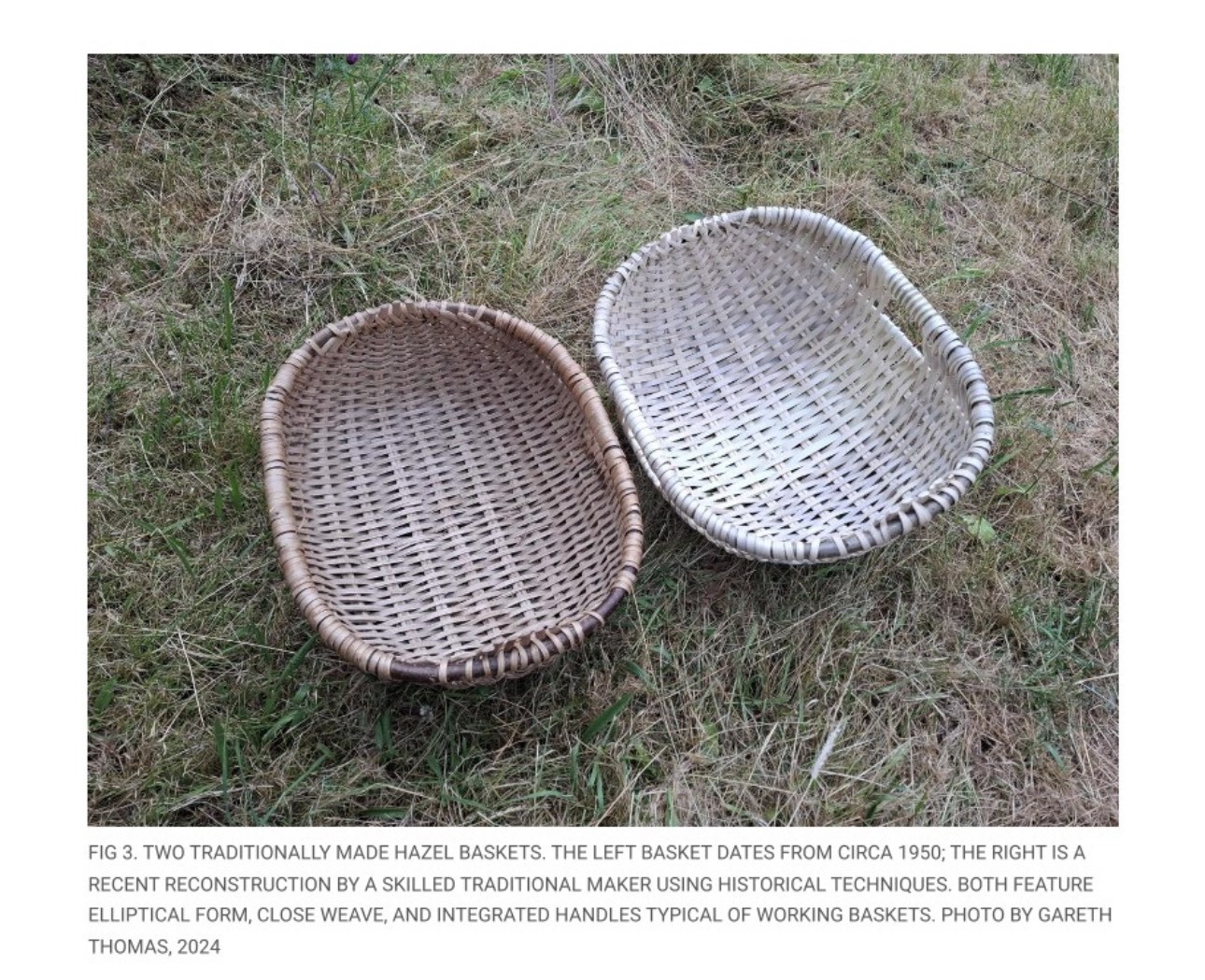
Posted in Blog on Jun 17, 2024.

Author: Samantha Brummage
Historians and prehistorians like myself need to work closely with palaeoecologists to learn from each others methods, and to establish working relationships across disciplines. This is important for nuanced understanding of relationships between climate, environments, social and political contexts in the past. I have recently been part of the Portalis Project at University of Wales Trinity Saint David (UWTSD), which involved extensive palaeoenvironmental work in the Waterford Estuary, South East Ireland, and in Cardigan Bay, West Wales. We wanted to understand Mesolithic responses to Early Holocene environments, and the impact of climate change on current communities, and their cultural and natural heritage.
UWTSD is a hub for UNESCO-MOST BRIDGES, and Princeton University Climate Change and History Research Initiative (CCHRI), also a hub, ran a 9-day Palaeoscience workshop in January 2024. As a result of this connection between institutions, I was fortunate to be selected to attend the workshop. We had three days of expert tuition in palaeoecology, dendrochronology and dendroclimatology, and stable isotope analysis. We were able to put our classroom knowledge into practice, learning to identify ancient pollen under the microscope, and going out into the snowy environs of the university to take tree core samples. We were encouraged work in small groups and present a paper using these multi-proxies, which we could critique with a new understanding of palaeoecological methods, in the context of our own specialisms.
The workshop enabled me to integrate my own research with an understanding of multi-disciplinary methodologies and what this means for interpretating past environment-human interactions. I had the opportunity to meet and collaborate with palaeoecologists, archaeologists and historians from across Europe and the United States. We can now use our new skills, knowledge and collaborations to work innovatively on climatic-environmental-social factors in historical research.


